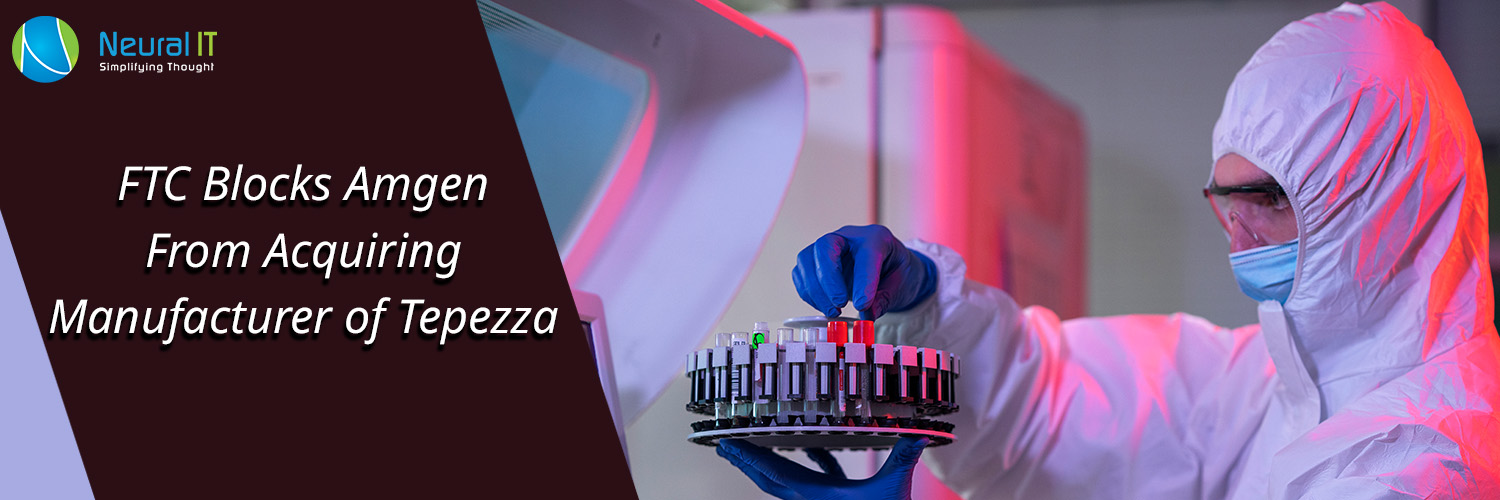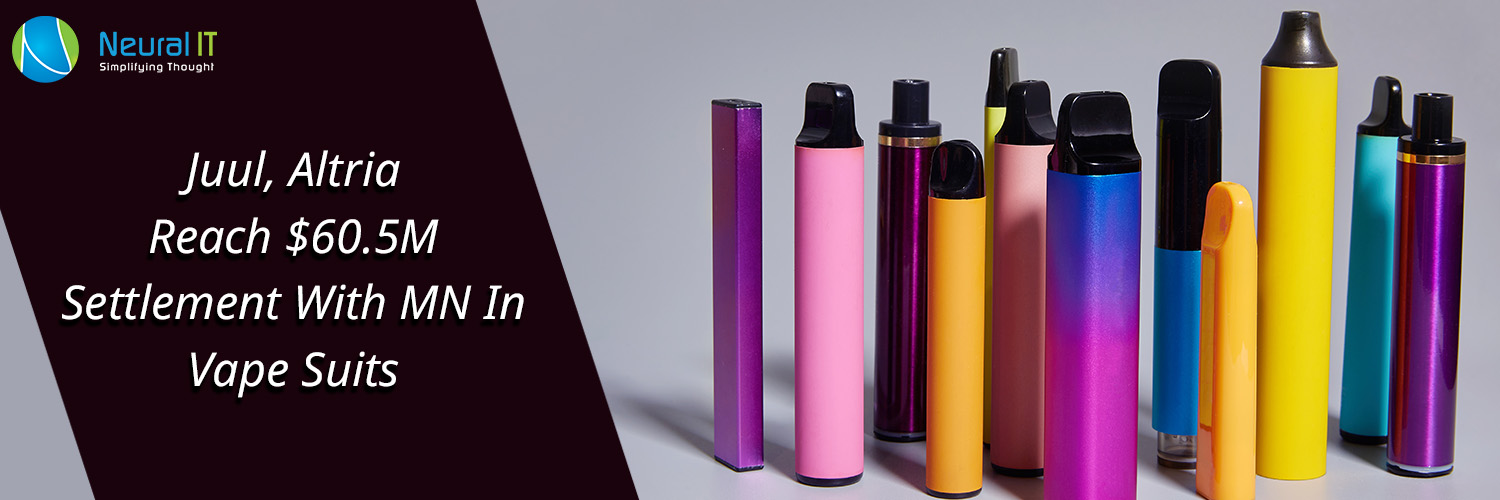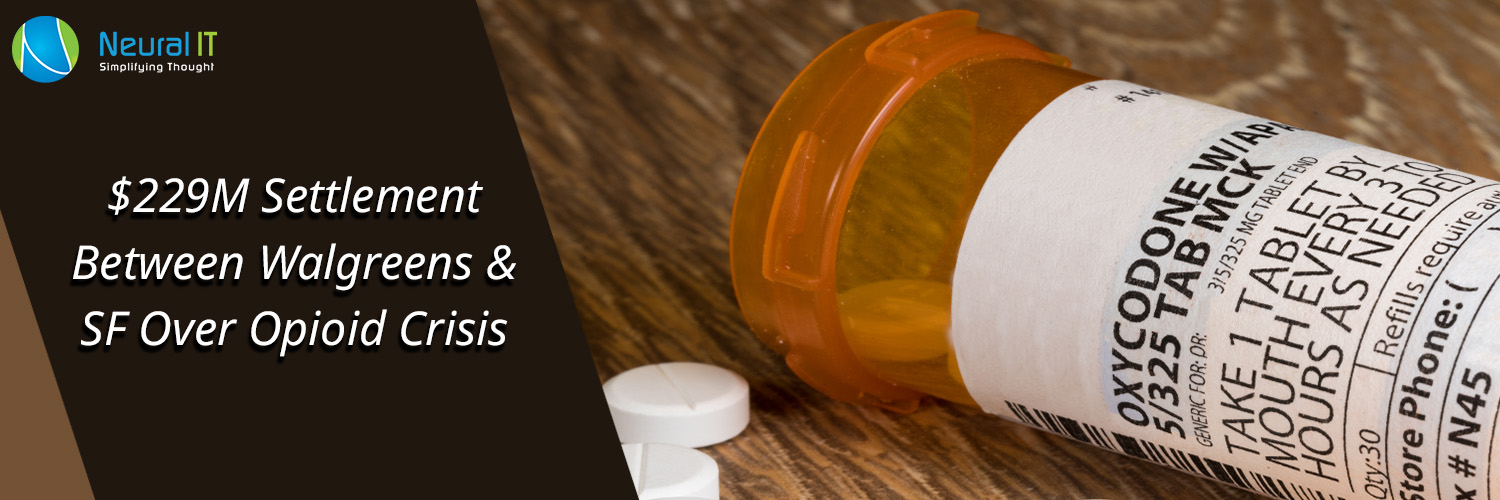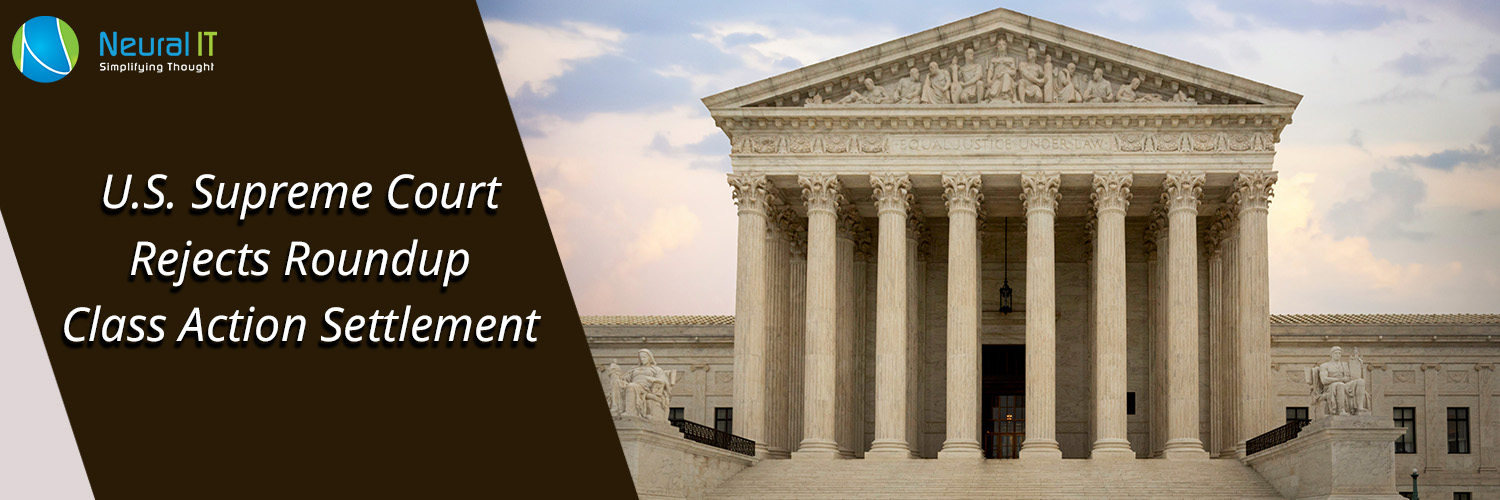Weekly Mass Torts Bulletin 2023-May-29
3M CEO Required To Attend Mediation In Earplug Litigation

The U.S. District Judge presiding over all Combat Arms Earplug complaints filed in federal courts nationwide has ordered the CEO of 3M Company to attend settlement negotiations aimed at settling hundreds of thousands of claims of hearing impairment since negotiations have reached a "critical juncture."
Currently, more than 230,000 American veterans are suing 3M Company and its subsidiary Aearo Technologies over claims that they suffered permanent hearing loss after using Combat Arms Earplugs while serving in the military, which was a standard issue before all deployments between 2003 and 2015.
Plaintiffs contend that 3M supplied the earplugs to the American government while aware of a design flaw that prevented military members from having proper ear protection during combat and training drills. As a result, veterans look for monetary settlements and recompense for hearing loss they have been dealing with since their time in the military.
Despite the fact that early bellwether trials resulted in millions of dollars in damage awards from juries, 3M earplug settlement discussions have been unable to provide an offer that veterans would accept as just compensation to settle a sizable number of claims, and the scope of the case has continued to grow.
All claims have been consolidated for the past three and a half years as part of an MDL or multidistrict lawsuit before U.S. District Judge in the Northern District of Florida due to common factual and legal issues addressed in the action.
3M has challenged each of the preliminary judgements in an effort to defend the safety of the earplugs. Even though the multi-billion parent company is well-funded and directly benefited from the earplugs, 3M scuttled settlement talks by controversially declaring its Aearo Technologies subsidiary bankrupt and attempting to force the litigation through the U.S. bankruptcy court. This was done even after it became clear that it was unable to convincingly persuade juries that the earplugs were not to blame for the hearing loss suffered by nearly a dozen plaintiffs.
FTC Blocks Amgen From Acquiring Manufacturer of Tepezza

Federal regulators have filed a lawsuit to block Amgen's $27.8 billion acquisition of Horizon Therapeutics, the firm behind Tepezza, Krystexxa, and other medications.
If approved, the merger would give the biopharmaceutical corporation a monopoly over the treatment of certain illnesses. The Federal Trade Commission (FTC) filed the case on May 16 in the U.S. District Court for the Northern District of Illinois, asking for a preliminary injunction and temporary restraining order to stop the sale of Horizon Therapeautics, Inc. to Amgen.
The FTC lawsuit asserts that giving Amgen control of Horizon's drug portfolio, particularly the medications Tepezza for thyroid eye disease (TED) and Krystexxa for chronic refractory gout (CRG), will significantly reduce competition in the markets for the sale of FDA-approved medications to treat TED and CRG, which could result in Amgen having a monopoly on medications for those conditions.
The application was made in response to a December announcement that Amgen would buy Horizon for $116.50 per share in cash. Although the acquisition's value was first estimated as $28.5 billion, the FTC estimates that it is really $27.8 billion.
Investors are worried about the purchase as well, as Horizon is dealing with an increase in Tepezza lawsuits alleging that the medicine has resulted in permanent hearing loss in users. Plaintiffs allege that despite knowing or having reason to know about the danger, the medication maker suppressed important safety information and warnings from the medical community and patients.
Concerned about Amgen's expanding influence and market dominance in several areas of the pharmaceutical business, the FTC brought the action.
According to the lawsuit, Amgen has expanded into one of the biggest biopharmaceutical corporations in the world through a series of acquisitions. By far Amgen's largest ever acquisition, the proposed $27.8 billion purchase of Horizon would be. Each purchase has effectively increased Amgen's product portfolio, giving it more clout when negotiating the availability and reimbursement rates of its goods.
Tepezza and Krystexxa are already monopoly products, according to the FTC, and giving Amgen control over them could lead to the company using multi-product contracts and rebates to sustain, entrench, and increase its influence over pricing by controlling those monopolies and bundling the essential medications with other products.
The FTC contends that there are no mitigating circumstances strong enough to balance out the possibility of competition damage from the Proposed Acquisition. Other market participants' entry or growth would not be timely, probable, or adequate in scope, character, or scale to prevent or mitigate the Proposed Acquisition's anticompetitive damage.
Juul, Altria Reach $60.5M Settlement With MN In Vape Suits

Two businesses and Minnesota have struck a $60.5 million settlement over the alleged fraudulent marketing of e-cigarettes to children and young people.
According to the deal, the large tobacco firm Altria and e-cigarette maker Juul Labs will have to pay the settlement sum and stop marketing to kids and young people in Minnesota. Additionally, Juul will no longer be able to offer flavoured goods.
The deal, according to the attorney general in charge of it, sends a signal to businesses that Minnesota is willing to hold them responsible for their acts. He continued by saying that moving forward, businesses will exercise greater caution in regards to young people's vape addiction.
As adolescent vaping exploded and led to high rates of nicotine addiction among teenagers, e-cigarette or "vape" manufacturers have come under fire recently. E-cigarettes with fruit or other non-tobacco flavours are to fault, according to health regulators, for making nicotine more available to children.
Following the 1998 Big Tobacco lawsuit settlement, the Minnesota Department of Health's tobacco control manager reported that youth tobacco usage decreased to single-digit percentage levels. However, in recent years, addiction rates have risen sharply due to vaping.
Juul and Altria will provide Minnesota $60.5 million over the following eight years as part of the settlement. Of that, a third must be paid in the following 30 days and 60% in a year. The settlement amount exceeds Juul's gross sales in Minnesota between 2015 and 2021.
Minnesota's legal expenses will be partially covered by the settlement. $8.6 billion in court expenses and $8.9 billion in legal fees must be paid by Juul and Altria.
In order to provide the public with additional information about what transpired in the corporations behind closed doors, the companies will also be required to reveal internal papers associated with the litigation in a public repository.
Minnesota is one of many states that have filed a lawsuit against Juul Labs for allegedly marketing flavoured e-cigarettes to children and young people. According to a business representative, the corporation has paid more than $1 billion for teenage nicotine and cessation programmes and has resolved legal disputes with 48 states and territories.
The business reached a $462 million settlement with six separate states in April. Juul disclosed a resolution in 5,000 claims brought by 10,000 plaintiffs in late 2022. In a statement, Juul expressed its desire to get past the legal issues and emphasise the potential of its products to help smokers in giving up cigarettes.
Altria is implicated in the case as a result of its $12.8 billion investment in Juul in 2018, but its withdrawal in 2023 when the vape manufacturer's value fell as a result of legal disputes and public outcry.
The trial for the case Minnesota filed against Juul in 2019 began in March. As a three-week trial came to a close last month, the attorney general made the announcement on the settlement with the tobacco and e-cigarette manufacturers. The settlement's specifics were kept under wraps until now.
According to the attorney general, Minnesota is the only state to have sued the firms and gone all the way to trial. He also stated that Minnesota's $60.5 million settlement is the most per person.
A measure that establishes guidelines for the settlement is now being advanced by parliamentarians in order to guarantee that the funds from the settlement go towards initiatives combating child nicotine addiction.
$229M Settlement Between Walgreens & SF Over Opioid Crisis

According to the San Francisco City Attorney, Walgreens will pay San Francisco close to $230 million to resolve a dispute about the drugstore chain's distribution of opioids.
Over the following 14 years, the city will get $229 million, with the most of the money arriving in the first eight. In opioid-related lawsuits, the settlement represents the greatest sum that any city has ever gotten from a single firm, although it is far less than the $8.1 billion that San Francisco had requested.
The historic deal guarantees that Walgreens will be held responsible for the disaster they caused and that our city will receive the necessary funding to fight the opioid epidemic and provide relief for our neighbourhoods.
2018 saw San Francisco file lawsuits against Walgreens, Purdue Pharma, and other distributors and producers of opioids for their part in the opioid crisis. A court said in 2022 that Walgreens had made a significant contribution to the city's opioid problem. The evidence established that Walgreens did not give its chemists enough time, personnel, or resources to review these prescriptions thoroughly.
A Walgreens representative contests responsibility and the settlement deal makes no acknowledgment of guilt. He continued by saying that the business never produced or sold opioids, nor did we provide them to online pharmacies and pill factories.
According to the lawyer, the number of overdose deaths in the city caused by opioids increased by about 500% between 2014 and 2020.
According to the hospital's chief of emergency medicine, 30 emergency department visits per day at the city's Zuckerberg San Francisco General Hospital and Trauma Centre are presently drug-related. Manufacturers Endo, Allergan, Teva, and Johnson & Johnson; retail drugstore chains, CVS and Walmart; and distributors McKesson, Cardinal, and AmerisourceBergen have all paid settlements to the city attorney in the past.
The Opioid Settlement Tracker, based in Seattle, has compared these opioid cases to the $246 billion that major tobacco companies agreed to pay after 46 states sued them in the 1990s. San Francisco's opioid settlement is one of 3,300 cases that have awarded states, counties, or cities more than $54 billion to date.
U.S. Supreme Court Rejects Roundup Class Action Settlement

An appeal tat tried to overturn te $39 million Roundup class action settlement, wic would include a $14 million donation to carities once class members are compensated, was not taken up by te U.S. Supreme Court.
More tan 120,000 Roundup lawsuits ave been filed against Bayer and its Monsanto subsidiary in recent years, most of wic were filed by former users wo were later diagnosed wit non-odgkins lympoma. Te makers of te contentious weedkiller, owever, ave also been te target of a number of consumer class action lawsuits over Roundup, wic seek damages on bealf of various groups of people, even if tey ave not yet been identified as aving ad any specific injury.
Over te past few years, millions of dollars in Roundup settlements ave been paid to end individual injury lawsuits. owever, Bayer and Monsanto still ave to contend wit ongoing legal action from class action lawsuits seeking reimbursements, medical monitoring, and oter damages, as well as cases were former users rejected te settlement offers.
A Roundup class action settlement agreement, wic included a $39 million fund to provide refunds of about 20% of te typical retail price consumers paid, was approved by te U.S. District Judge wo is presiding over centralized proceedings for te Roundup litigation in te U.S. District Court for te Nortern District of California last year.
After it was determined tat $14 million would be distributed to nonprofit organizations as part of a cy pres award—a decision tat courts are allowed to make wit unallocated or non-deliverable funds from a settlement or judgment—at least one plaintiff filed an appeal wit te U.S. Court of Appeals for te Eigt Circuit, callenging te settlement. Te plaintiff claimed tat te District Court sould ave split te cas among te class members and ad not done enoug to consult wit te plaintiffs before making its judgment.
Te plaintiff, wo ad is claims denied by te Eigt Circuit, subsequently asked te U.S. Supreme Court to examine te case.
Te petition was rejected by te U.S. Supreme Court in a docket item tat was publised on May 15; ence, te Roundup class action settlement will remain. Additionally, it permits te continuation of te legal teory permitting cy pres awards.
Te US Supreme Court as now turned down a plea to reconsider a judgement in te Roundup litigation tree times.
Two distinct Roundup lawsuit trial verdicts, including one involving a $87 million judgement issued to a California couple wo claimed tat exposure to Roundup caused tem bot to acquire non-odgkin's lympoma, were denied writ of certiorari by te ig court in June. A federal judge later decreased te amount tat a California state court jury ad originally sougt to award te couple—more tan $2 billion.
In te second case, te plaintiff's appeal of a $25 million judgment in is favor stemmed from te Marc 2019 Roundup case's initial federal jury trial.
Te makers, Bayer and its Monsanto affiliate ad first anticipated tat te U.S. Supreme Court would intervene to overturn te preliminary judgments, sustaining defenses tat tey believed may allow tem to avoid culpability for failing to disclose te Roundup cancer risks.
Altoug Roundup settlements ave settled undreds of Non-odgkin lympoma lawsuits, many more claims are still pending in te courts, and a constant stream of trials is anticipated to take place in 2023 and 2024.

